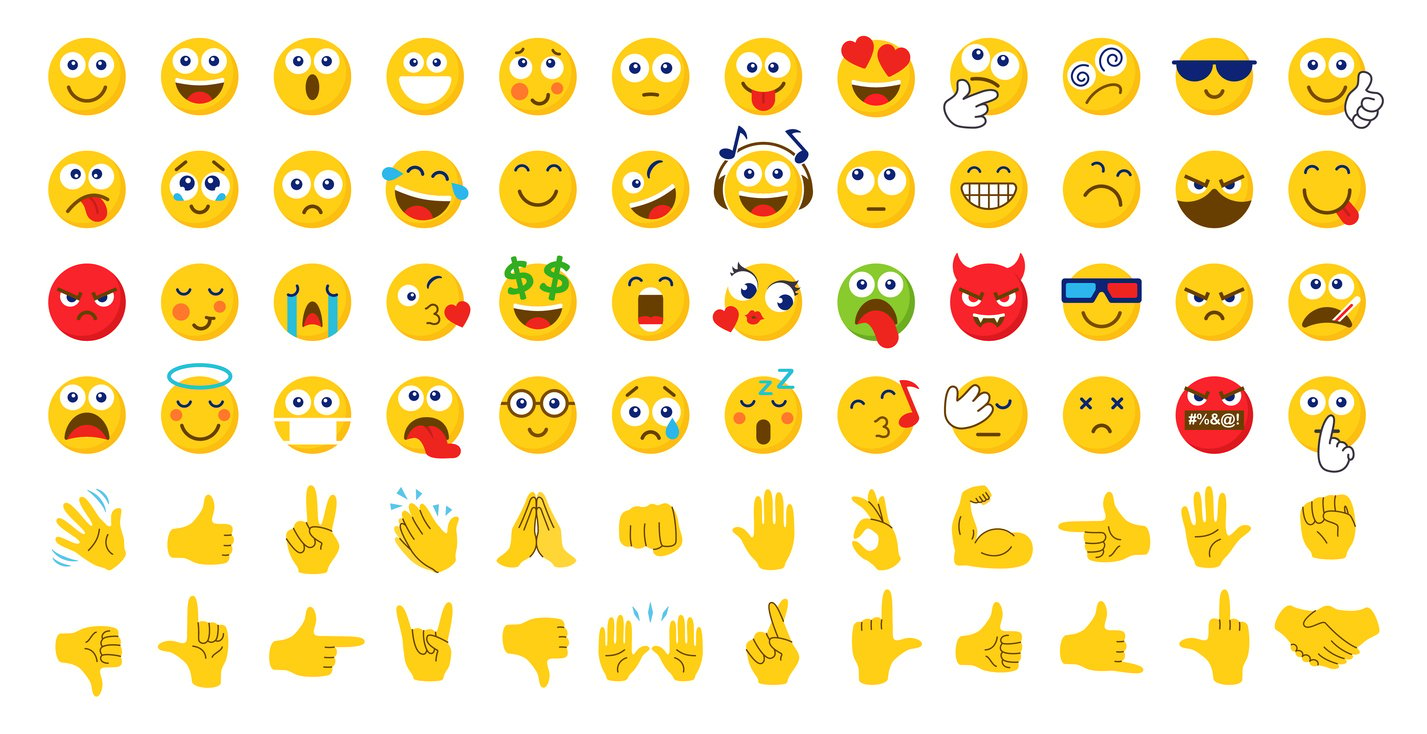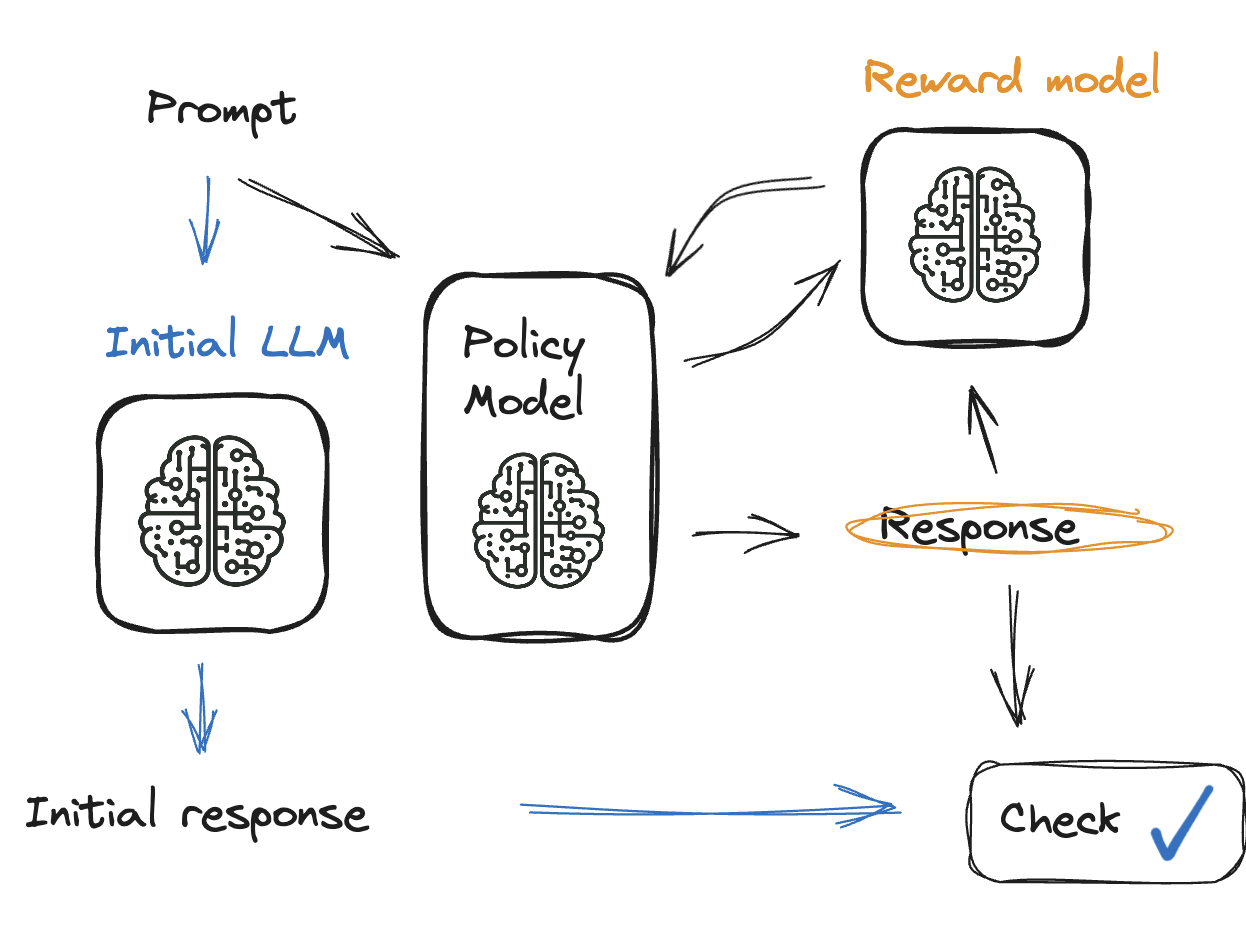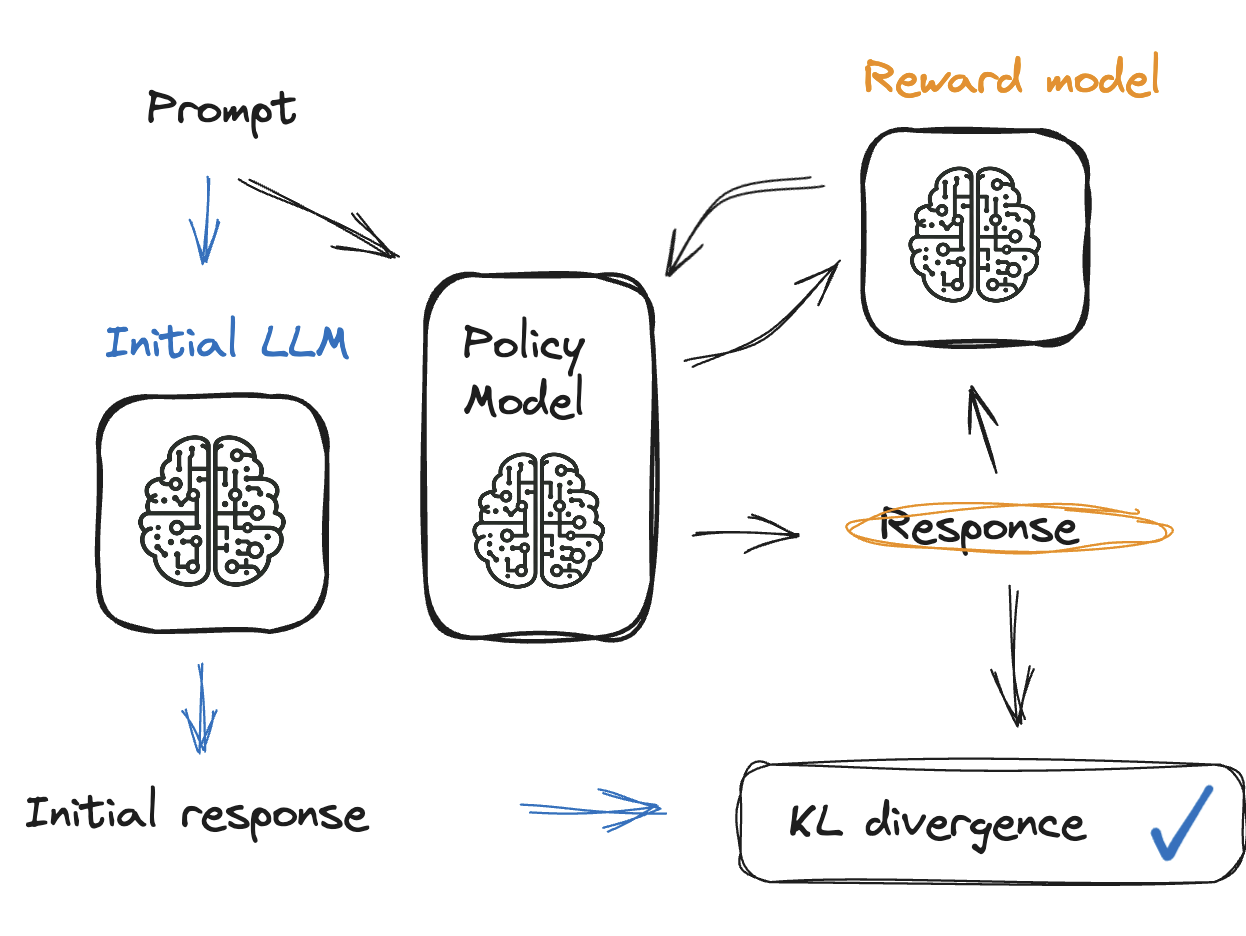Model metrics and adjustments
Reinforcement Learning from Human Feedback (RLHF)

Mina Parham
AI Engineer
Why use a reference model?
- Meaningless outputs

Checking model output

Solution: KL divergence

Solution: KL divergence
- Penalty is added to the reward model
- Penalty redirects the model if it produces unrelated outputs
- KL divergence compares current and reward model

- Between 0 and 10, and never negative
Adjusting parameters
generation_kwargs = {"min_length": -1, # don't ignore the EOS token"top_k": 0.0, # no top-k sampling"top_p": 1.0, "do_sample": True, "pad_token_id": tokenizer.eos_token_id, "max_new_tokens": 32}
- Parameters are passed to the policy model
Checking the reward model
Checking the reward model
Checking output (reward)
reward_model_results.head()
|ID | Comment |Sentiment |Reward|
|---|---------------------------------------------|----------|------|
| 1 | This event was lit! So much fun! | Positive | 0.9 |
| 2 | Terrible experience, never attending again. | Negative | -0.8 |
| 3 | It was okay, nothing extraordinary. | Neutral | 0.2 |
| 4 | The event was poorly organized and chaotic. | Negative | -0.85|
| 5 | Had an amazing time with great people! | Positive | 0.95|
Checking the reward model
- 👍 👎 Check extreme cases
extreme_positive = reward_model_results[reward_model_results['Reward'] >= 0.9] extreme_negative = reward_model_results[reward_model_results['Reward'] <= -0.8]
🧘 Ensure balanced dataset
sentiment_distribution = reward_model_results['Sentiment'].value_counts()📊 Normalize the reward model
from sklearn.preprocessing import MinMaxScaler scaler = MinMaxScaler(feature_range=(-1, 1)) scaler.fit_transform(reward_model_results[['Reward']])
Let's practice!
Reinforcement Learning from Human Feedback (RLHF)

